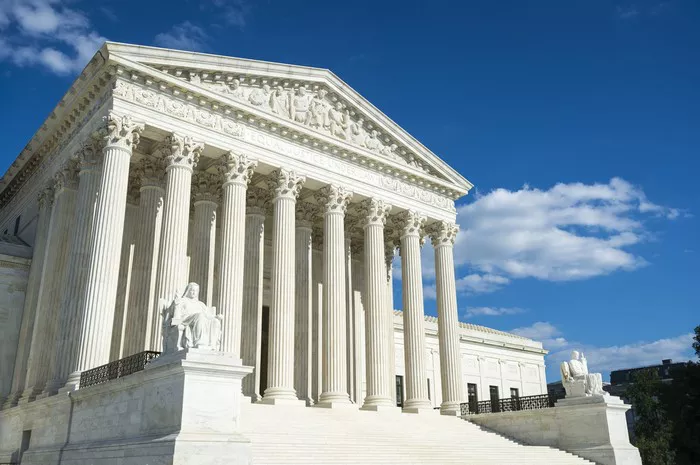The Supreme Court has intervened to indefinitely halt Texas from enforcing a controversial immigration law, granting an administrative stay. This legal move, initiated by Justice Samuel Alito, will remain effective as the court assesses emergency appeals, including those from the Biden administration. The law in question, Senate Bill 4, signed by Texas Governor Greg Abbott, has sparked concerns about potential racial profiling and increased detentions of individuals suspected of entering the country unlawfully.
Governor Abbott expressed his stance, emphasizing Texas’ resolve to address what he termed the “Biden-made border crisis.” Despite the Supreme Court’s intervention, Abbott highlighted Texas’ existing authority to arrest for certain offenses, affirming the state’s commitment to leveraging all available resources in managing immigration issues.
Opponents of the law, including the Justice Department and various immigration advocacy groups, argue that Senate Bill 4 would disrupt established norms in immigration policy, potentially infringing upon federal jurisdiction. They contend that states lack the authority to regulate fundamental aspects of immigration law, citing historical legal precedents.
The legal saga surrounding Senate Bill 4 saw a federal judge in Austin initially blocking its implementation, only for the 5th US Circuit Court of Appeals to grant a temporary stay, setting the stage for Supreme Court intervention. Texas officials, led by Attorney General Ken Paxton, defended the law, portraying it as crucial for combating transnational crime and securing the state’s borders in the face of what they perceive as federal shortcomings in border protection.
This legal battle underscores the complex interplay between federal and state authority in immigration matters and highlights the broader policy debates surrounding border security and immigration enforcement in the United States.


